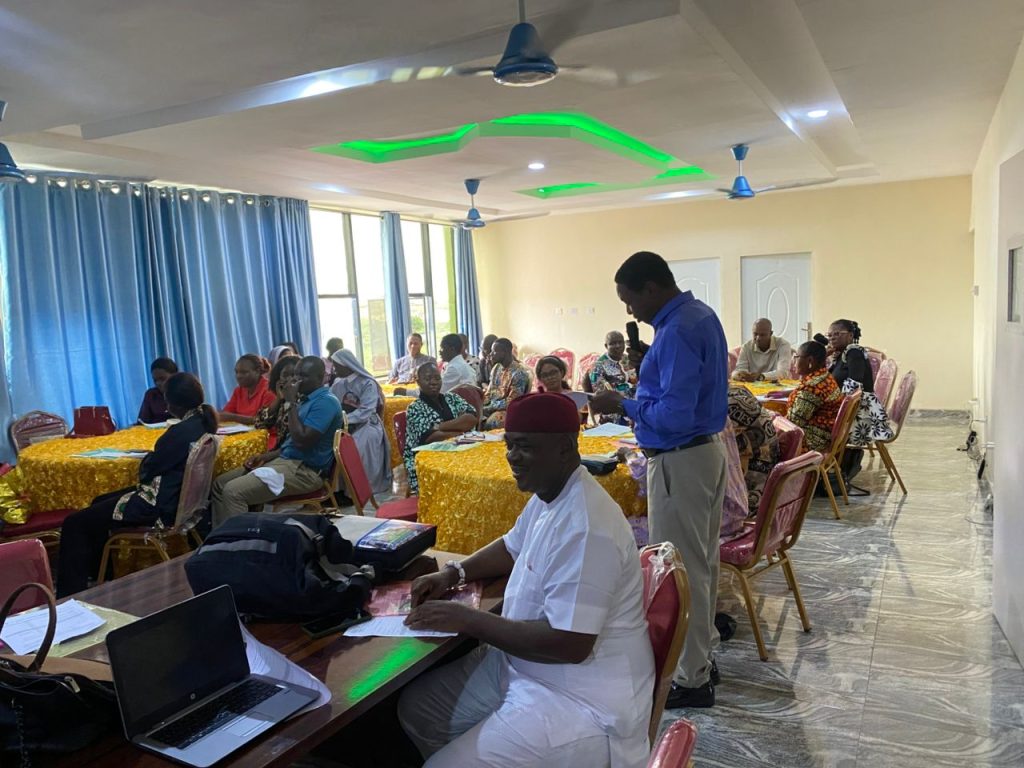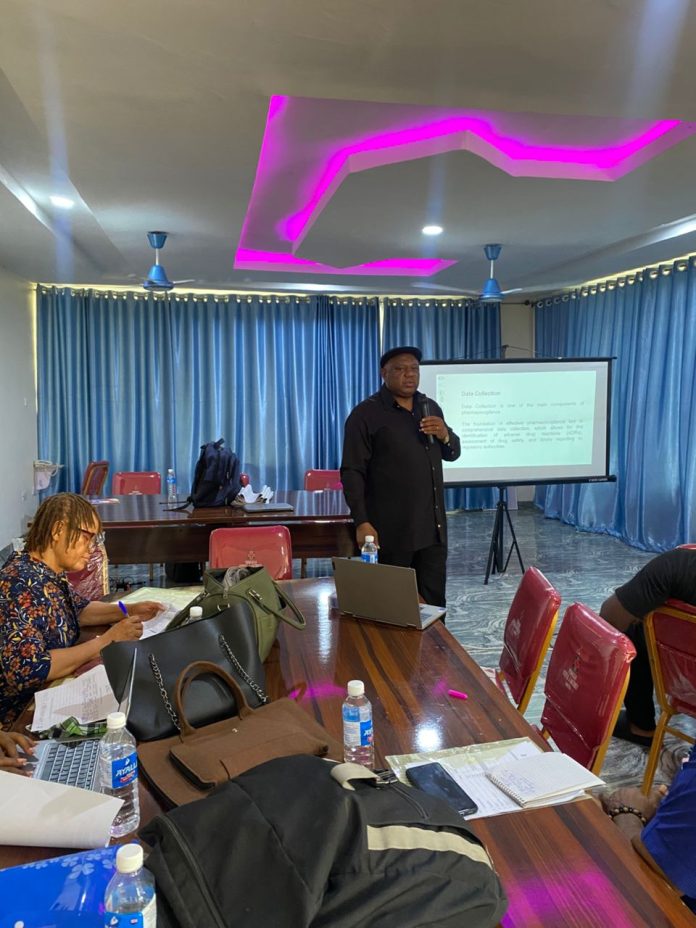In a renewed effort to enhance drug safety and strengthen Nigeria’s health surveillance systems, the National Agency for Food and Drug Administration and Control (NAFDAC) has organised a two-day intensive training on pharmacovigilance and patient safety for healthcare professionals and medicine dealers in Bayelsa State.
The interactive session, held in collaboration with SLL Pharmacovigilance, brought together participants from primary, secondary, and tertiary health facilities, alongside members of the Association of Community Pharmacists of Nigeria (ACPN) and the National Association of Patent and Proprietary Medicine Dealers (NAPPMED).
According to NAFDAC, the training forms part of its national pharmacovigilance initiative aimed at empowering frontline health workers to identify, document, and promptly report Adverse Drug Reactions (ADRs) and Adverse Events Following Immunisation (AEFIs). These efforts are designed to prevent medication-related harm, improve treatment outcomes, and ensure safer healthcare delivery for Nigerians.

Participants were taken through detailed sessions on how to establish and manage pharmacovigilance committees within their respective health institutions — a key step toward institutionalising patient safety at all levels of care.
The training also featured hands-on demonstrations on how to report ADRs and AEFIs through multiple platforms, including:
- The Med Safety App, a mobile application that allows health professionals and consumers to submit real-time reports on drug reactions;
- The NAFDAC Green Book and Yellow Forms, traditional tools for manual documentation of adverse events; and
- The NAFDAC e-Reporting Platform, which enables digital submission and data tracking for regulatory purposes.
Speaking during the programme, a representative of NAFDAC emphasised that pharmacovigilance is a shared responsibility that requires active collaboration between regulators, healthcare professionals, and the general public.
“Patient safety is at the heart of NAFDAC’s mandate. Every report submitted contributes to saving lives, improving product quality, and preventing harmful drug exposure,” the official stated.
She further noted that the agency’s focus is not just on detecting unsafe medicines, but also on building a culture of accountability and responsiveness within Nigeria’s healthcare system.
Representatives of SLL Pharmacovigilance commended NAFDAC’s proactive approach and reaffirmed their commitment to supporting similar initiatives across the country, particularly in rural and underserved communities where pharmacovigilance systems are still developing.
Participants expressed appreciation for the knowledge gained and pledged to cascade the training outcomes to their colleagues, ensuring that the practice of drug safety monitoring becomes an integral part of service delivery.
NAFDAC reaffirmed that the Bayelsa training is one of several being conducted nationwide to build capacity, enhance medicine safety reporting, and strengthen Nigeria’s overall pharmacovigilance infrastructure — a critical component of achieving universal health coverage and public health security.




